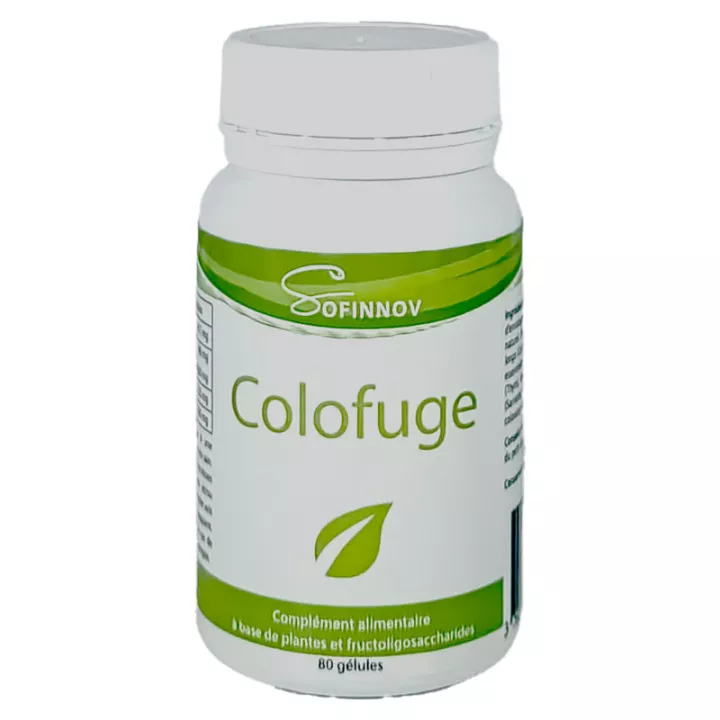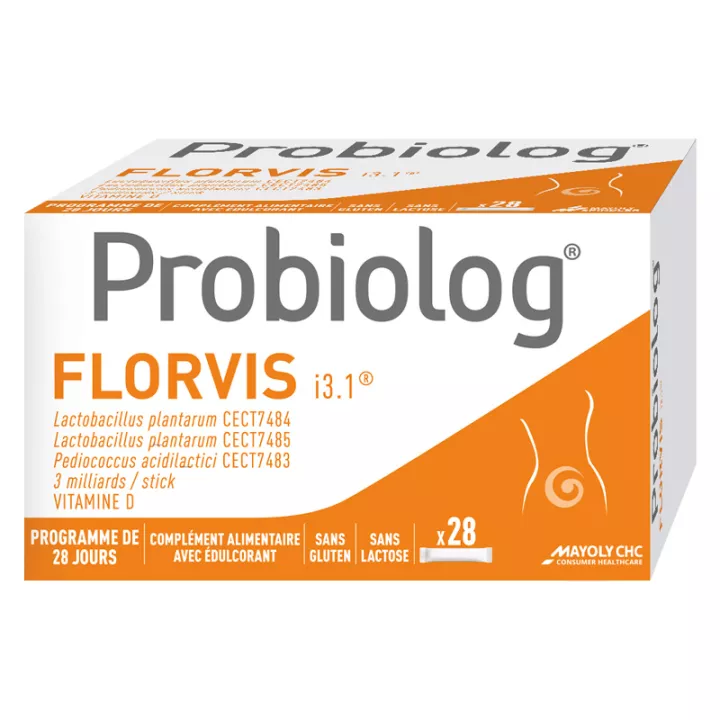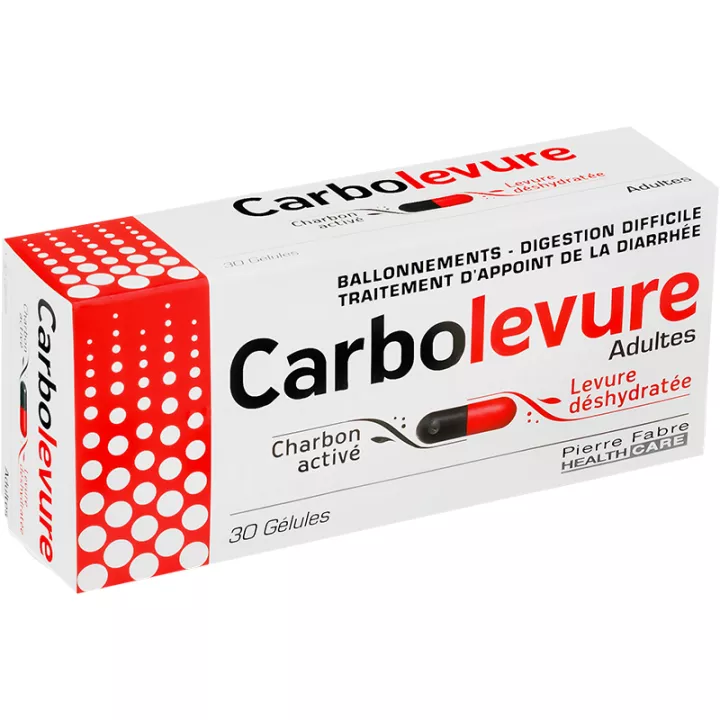NOTICE
ANSM - Updated on: 23/06/2016
Description of the Medicine
BEDELIX powder for oral suspension in sachet
Montmorillonite Beidellitique
© framed
Please read this leaflet carefully before you start taking this medicine because it contains important information for you.
You should always take this medication by strictly following the information provided in this leaflet or by your doctor or pharmacist.
AT· Keep this leaflet. You might need to read it again.
AT· Contact your pharmacist for advice or information.
AT· If you experience any of the side effects, talk to your doctor or pharmacist. This also applies to any undesirable effects not mentioned in this leaflet. See section 4.
AT· You should talk to your doctor if you feel uncomfortable or feel uncomfortable.
Do not allow this medication to reach children.
What is in this leaflet?
1. What is BEDELIX powder for oral suspension in sachets and in which cases is it used?
2. What information should I take before using BEDELIX powder for oral suspension in sachets ?
3. How to BEDELIX powder for oral suspension in sachets ?
4. What are the possible undesirable effects?
5. How to store BEDELIX powder for oral suspension in sachets ?
6. Contents of the package and other information.
1. WHAT IS BEDELIX, powder for oral suspension in sachets AND WHAT CASES IS IT USED FOR?
Pharmacotherapeutic group: OTHER INTESTINAL ADSORBENTS -
ATC code: A07BC05
This medication works by protecting the (mucous) walls of your stomach and intestine.
This medication is used as a symptomatic treatment of functional colopathies, ie, to treat symptoms related to a functional disease of the colon (a condition that affects the proper functioning of the intestine).
2. BEFORE YOU TAKE BEDELIX, powder for oral suspension in sachets?
Do not take BEDELIX powder for oral suspension in sachets :
AT· If you are allergic (hypersensitive) to the active substance (beidellitic montmorillonite) or to any of the other ingredients of this medication mentioned in section 6.
AT· If you suffer from an illness causing a narrowing of your digestive tract.
Warnings and Precautions
Talk to your doctor or pharmacist before taking BEDELIX powder for oral suspension in sachets.
If your doctor has informed you of an intolerance to certain sugars, contact the doctor before taking this medicine.
Be careful with BEDELIX:
If you are on dialysis, it means that your kidneys are not working and they will have difficulty removing the aluminum hydroxide contained in this medicine. In this case, you should not take this medication for an extended period of time without telling your doctor.
The use of this medication is disfavored in patients with glucose and galactose malabsorption syndrome.
Other medicines and BEDELIX, powder for oral suspension in sachet
You should space BEDELIX and another medication to avoid decreasing the effectiveness of the other treatment.
Inform your doctor or pharmacist if you are taking, have recently taken or may be taking any other medicines.
BEDELIX powder for drinkable suspension in sachets with food and beverages
You should take BEDELIX between meals or a little before.
Pregnancy and breast feeding
This medication should be used with caution during pregnancy and breast-feeding.
If you are pregnant or breastfeeding, think you may be pregnant or plan a pregnancy, ask your doctor or pharmacist for advice before taking this medication.
Sport
Not applicable.
Driving and using machines
Not applicable.
BEDELIX powder for oral suspension in sachet contains: Glucose.
3. HOW TO TAKE BEDELIX powder for oral suspension in sachets?
Always take this medication exactly as prescribed in this leaflet or as directed by your doctor or pharmacist. Check with your doctor or pharmacist if you are unsure.
In general, the usual oral dose is:
AT· Adults: 3 sachets per day on average.
AT· Children:
o before 2 years: ½ sachet 1 to 2 times a day;
o 2 to 5 years: ½ sachet 2 to 3 times a day;
o 5 to 10 years: 1 sachet 2 times a day.
You should dissolve the contents of a sachet in half a glass of water or mix it with a semi-liquid food such as porridge, compote, mashed potatoes, etc.
If your doctor has advised you to use BEDELIX by the rectal route:
In this case, take 1 to 3 sachets of BEDELIX 1 to 3 times a day.
You must dissolve the contents of the sachet (s) in 100 ml of warm water. Then insert the suspension obtained in the rectum using an enema bulb.
Frequency of administration
You should take BEDELIX of preference between meals or a little before.
Duration of treatment
Your doctor will tell you how long you should take this medication. If you have any further questions about the use of this medication, ask your doctor or pharmacist for more information.
If you take more BEDELIX powder for oral suspension in sachet than you should have:
Immediately consult your doctor or pharmacist. An overdose in the child may result in vomiting.
If you forget to take BEDELIX, powder for oral suspension in sachet :
Not applicable.
If you stop taking BEDELIX, powder for oral suspension in sachets :
Not applicable.
If you have any further questions about the use of this medication, ask your doctor or pharmacist for more information.
4. WHAT ARE POSSIBLE SIDE EFFECTS?
Like all medicines, this medication can cause side effects, although not everybody gets them.
Reported adverse effects include: skin rash, angioedema, discomfort and urticaria.
Declaration of side effects
If you experience any undesirable effects, talk to your doctor <,> . This also applies to any undesirable effects not mentioned in this leaflet. You can also report undesirable effects directly via the national reporting system: National Agency for the Safety of Medicines and Health Products (NSAH) and network of Pharmacovigilance Regional Centers - Website: www.ansm.sante.fr
By reporting adverse effects, you are helping to provide more information about the safety of the drug.
5. HOW TO STORE BEDELIX powder for oral suspension in sachets?
Keep this medication out of the reach and sight of children.
Do not use this medication after the expiration date stated on the label after EXP. The redemption date refers to the last day of that month.
Do not throw any medicines into the sewer < or with the household garbage>. Ask your pharmacist to discontinue the medications you are no longer using. These measures will help to protect the environment.
6. PACKAGE CONTENTS AND OTHER INFORMATION
What BEDELIX contains, powder for oral suspension in sachets
AT· The active substance (s) is (are):
Montmorillonite beidellitique ................................................ .............................................. 3,000 g
for a sachet of 3.925 g
AT· The other components are: Aluminum hydroxide gel, coded magnesium carbonate, licorice extract, vanillin, saccharin sodium and hydrated glucose.
What is BEDELIX powder for oral suspension in sachet and contents of the outer packaging
This medicament is in the form of a whitish powder contained in a sachet. Box of 30, 60 or 100 sachets.
Not all presentations may be marketed.
Holder of the marketing authorization
IPSEN Pharma
65 quai Georges Gorse
92100 Boulogne-Billancourt
Operator of the marketing authorization
IPSEN Pharma
65 quai Georges Gorse
92100 Boulogne-Billancourt
Maker
BEAUFOUR IPSEN INDUSTRIE
Rue Ethe Virton
28100 DREUX
Names of medicines in the Member States of the European Economic Area
Not applicable.
The last date on which this notice was revised is as follows:
[To be subsequently completed by the Contractor]
Other
Detailed information on this medicinal product is available on the website of the ANSM (France).











